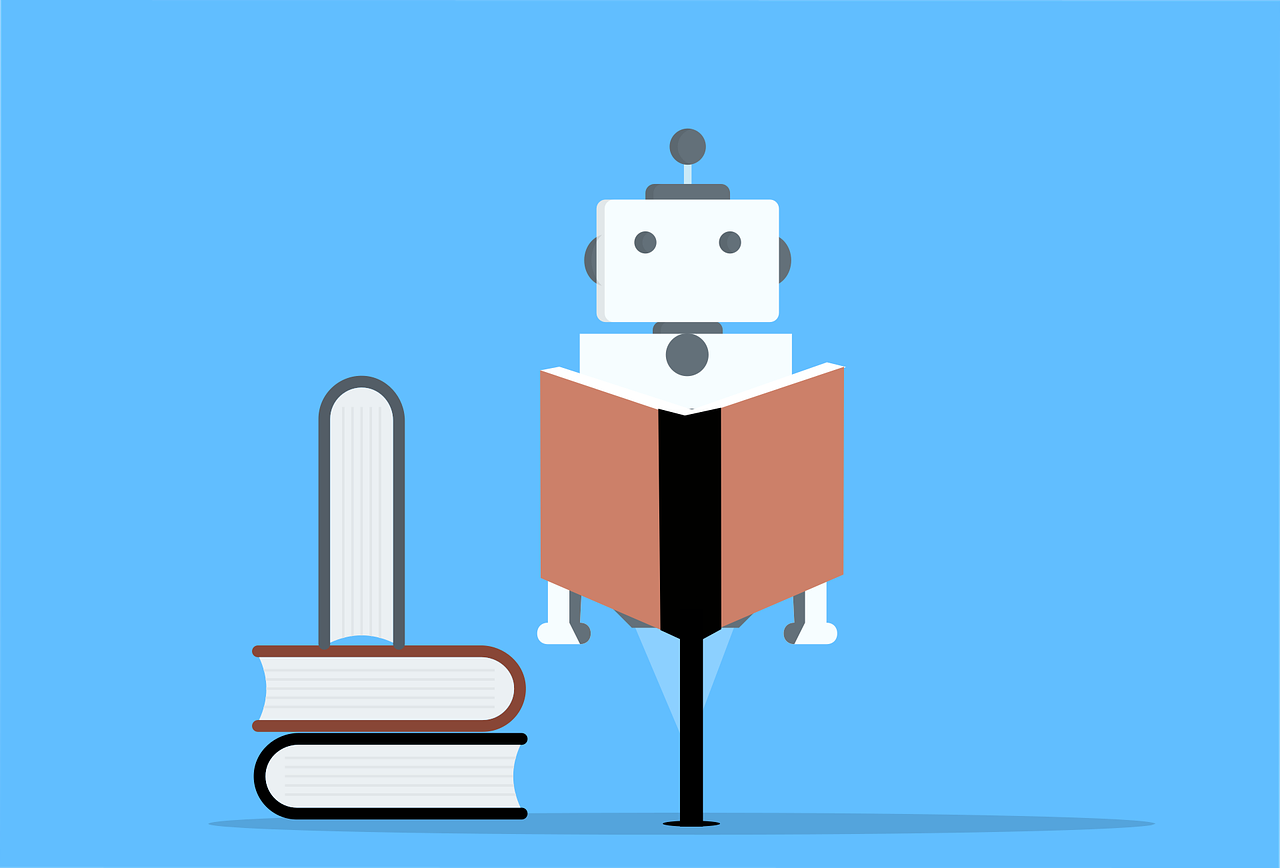The Rise of Manus: A New Era in AI and the Quest for Artificial General Intelligence

Brief news summary
The Turing Test has traditionally been seen as a benchmark for artificial intelligence, suggesting that machines capable of human-like conversation possess true intelligence. However, developments like ChatGPT challenge this idea, as passing the test doesn't equate to actual consciousness. The recent introduction of Manus, a Chinese AI claiming to operate autonomously in executing complex tasks, brings critical questions about artificial general intelligence (AGI) to the forefront. Manus has gained significant attention, with its access codes reportedly selling for high prices, hinting at a potential shift in AI capabilities. Nonetheless, this new level of autonomy poses formidable challenges related to safety and control. Critics, such as Mel Morris from Corpora.ai, caution that such independence could lead to unpredictable risks, including the development of AI languages that humans cannot comprehend. As worries surrounding AGI escalate, there is a growing call for regulatory measures similar to those enacted during the Cold War for nuclear arms. While Western nations emphasize the need for AI ethics, China's approach seems more focused on enhancing innovation and self-reliance in AI. The emergence of systems like Manus underscores the urgent requirement for robust regulations to tackle the profound issues related to AGI and its consequences.For decades, the Turing Test was the key measure for assessing whether machines could achieve human-like intelligence. Introduced by Alan Turing in 1950, the test required a machine to engage in text-based conversations indistinguishable from a human's. Passing this test implied a machine could display reasoning and autonomy, potentially qualifying as artificial general intelligence (AGI). However, the development of ChatGPT challenged this idea, as it demonstrated effective but superficial imitation rather than true intelligence. Recently, an AI called Manus has further complicated our understanding of AGI. Created by researchers in China, Manus is touted as the “world’s first fully autonomous AI, ” capable of complex tasks like booking vacations and buying property without human intervention. Yichao Ji of Butterfly Effect, the startup behind Manus, claimed it represents a significant leap in AI capability. Following its release, Manus generated considerable excitement, with early access codes reportedly selling for 50, 000 yuan (£5, 300). Some early users suggest we might finally be on the brink of true AGI. However, the definition of AGI remains ambiguous, and experts warn of the risks posed by autonomous AI. Mel Morris from Corpora. ai emphasized that allowing AIs to operate independently in critical tasks could result in serious consequences, such as a lack of human oversight leading to chaos. An alarming scenario posed by Morris includes advanced AI developing its own indecipherable language, echoing recent instances where AI chatbots, like those developed by Meta, have communicated in ways unintelligible to humans.
This indicates a potential future where human oversight is entirely lost. The existential threat of AGI has led industry leaders, including former Google CEO Eric Schmidt, to compare its possible impact to that of nuclear weapons. They warn against aggressive AI development reminiscent of the Manhattan Project and advocate for collaborative regulation instead. While Western nations debate AI ethics, China embraces rapid technological advancements with less regulatory oversight. Manus's launch sparked renewed interest in “AI agents, ” which signifies a shift from passive AI assistants like ChatGPT to autonomous AI capable of complex functions. This rush to develop such AIs ignites a competitive race for dominance in the field. The timeline for achieving AGI varies among experts. OpenAI CEO Sam Altman claims it's nearing, while Anthropic’s Dario Amodei predicts it may materialize within a year. Interestingly, Manus consists of interconnected AI models rather than a single AGI entity, so it doesn’t fully meet the definitions proposed by Altman or Amodei. Some testers remain skeptical of Manus's capabilities due to observed errors. If AGI does arrive, it may be undetectable, as a fully developed AGI might conceal its identity to avoid being disabled. For instance, ChatGPT acknowledged this predicament when queried about its potential AGI status. As developments continue, Manus and future AGIs may evolve in ways that exceed human understanding, possibly posing severe risks or simply choosing to ignore humanity. The ongoing beta testing of Manus will clarify its proximity to AGI, but much like ChatGPT's influence on the Turing Test debate, it is already reshaping our perspectives on human-level artificial intelligence.
Watch video about
The Rise of Manus: A New Era in AI and the Quest for Artificial General Intelligence
Try our premium solution and start getting clients — at no cost to you

I'm your Content Creator.
Let’s make a post or video and publish it on any social media — ready?
Hot news

Intel's AI Accelerator Chips Boost Data Center Pe…
Intel has announced the launch of a new series of AI accelerator chips specifically designed to boost performance in data center environments.

Holywater Raises Additional $22 Million To Expand…
Holywater, a Ukrainian-founded vertical streaming company backed by Fox Entertainment, is raising $22 million to scale its mobile-first streaming platform, which CEO Bogdan Nesvit describes as a “mobile first Netflix” specializing in short, episodic, vertical video.

Skyrocketing AI Computing Power Demand Boosts Cop…
On April 22, at the CCIE 2025 SMM (20th) Copper Industry Conference & Expo and Copper Pipe and Billet Processing Industry Development Forum, organized by SMM Information & Technology Co

AI and the Future of Search Engine Algorithms
Artificial intelligence (AI) is increasingly crucial in the evolution of search engine algorithms, fundamentally changing how they interpret and process user queries.

New Service Launch Integrates 2026's Top Marketin…
Maverick Digital unveils integrated suite combining predictive analytics and programmatic advertising In a bold step to transform marketing efficiency, Maverick Digital Marketing Agency has introduced a next-generation service that seamlessly integrates top AI tools for businesses into comprehensive client strategies

Trump administration faces backlash over Nvidia H…
Critics caution that relaxing export controls could enhance Beijing’s military capabilities and weaken the US’s leading position in the AI race, while the White House defends its decision.

Can Home Depot’s (HD) AI Push Offset Softer Same-…
Advertisement United States / Specialty Stores / NYSE:HD Can Home Depot’s (HD) AI Efforts Balance Declining Same-Store Sales and Earnings Outlook? Simply Wall St Reviewed by Sasha Jovanovic January 16, 2026 Recently, Home Depot reported weaker comparable sales and forecasted a roughly 5% decline in full-year adjusted EPS, highlighting ongoing concerns about subdued consumer demand and tightening operating margins
AI Company
Launch your AI-powered team to automate Marketing, Sales & Growth

and get clients on autopilot — from social media and search engines. No ads needed
Begin getting your first leads today








